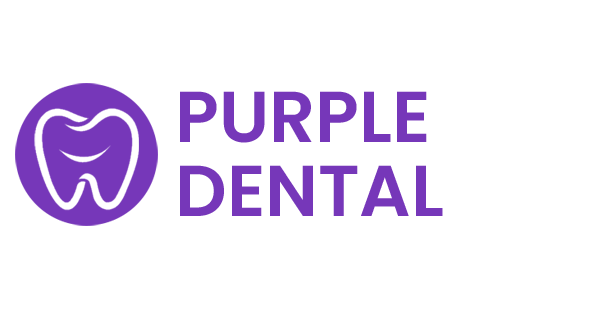Welcome to the Crest Family Dental blog! Today, we’ll be discussing an important dental procedure that many people undergo: wisdom teeth extraction. If you or a loved one are preparing for this procedure, it’s normal to have questions and concerns. In this article, we’ll provide you with all the essential information you need to know about wisdom teeth extraction, including why it’s necessary, what to expect during the procedure, and tips for a smooth recovery.
What are Wisdom Teeth?
- Definition: Wisdom teeth, also known as third molars, are the last set of teeth to emerge in the back corners of the mouth.
- Purpose: Historically, wisdom teeth were useful for our ancestors who had larger jaws and a different diet. However, with changes in evolution, most people’s mouths are too small to accommodate these teeth properly.
Why Do Wisdom Teeth Need to be Extracted?
- Impaction: Wisdom teeth often become impacted, meaning they don’t have enough space to grow properly, causing them to become partially or fully trapped beneath the gum line.
- Potential Problems: Impacted wisdom teeth can lead to various oral health issues, including pain, infection, damage to adjacent teeth, gum disease, and even cyst formation.
Signs and Symptoms of Impacted Wisdom Teeth:
- Jaw pain or stiffness
- Swollen or bleeding gums
- Bad breath or an unpleasant taste in the mouth
- Difficulty opening the mouth fully
- Headaches or earaches
The Wisdom Teeth Extraction Procedure:
- Consultation: Your dentist will evaluate your specific case, take X-rays, and discuss the best course of action.
- Anesthesia: Local anesthesia, sedation, or general anesthesia may be used depending on the complexity of the extraction and your comfort level.
- Extraction: The dentist or oral surgeon will make an incision, remove any bone obstructing the tooth, extract the wisdom tooth, and close the incision with dissolvable stitches if necessary.
Tips for a Smooth Recovery:
- Pain Management: Follow your dentist’s instructions for pain relief medications and apply ice packs to reduce swelling.
- Diet: Stick to soft foods for the first few days, gradually reintroducing solid foods as you heal.
- Oral Hygiene: Continue brushing your teeth carefully, avoiding the extraction site, and rinse with saltwater to keep the area clean.
- Rest and Recovery: Take it easy for a few days, avoiding strenuous activities to allow your body to heal properly.
- Follow-up Care: Attend any scheduled follow-up appointments to monitor your healing progress.
Having your wisdom teeth extracted is a common dental procedure that can prevent future oral health problems. By understanding the reasons for extraction, knowing what to expect during the procedure, and following proper aftercare instructions, you can ensure a smooth recovery. If you have any concerns or questions, don’t hesitate to reach out to your trusted dental professionals at Crest Family Dental.
Remember, this blog is not a substitute for professional medical advice. Always consult with your dentist or oral surgeon for personalized guidance regarding your specific situation.


One comment
Malorie_G
July 13, 2024 at 5:27 am
You have mentioned very interesting details! ps decent internet site.Raise blog range